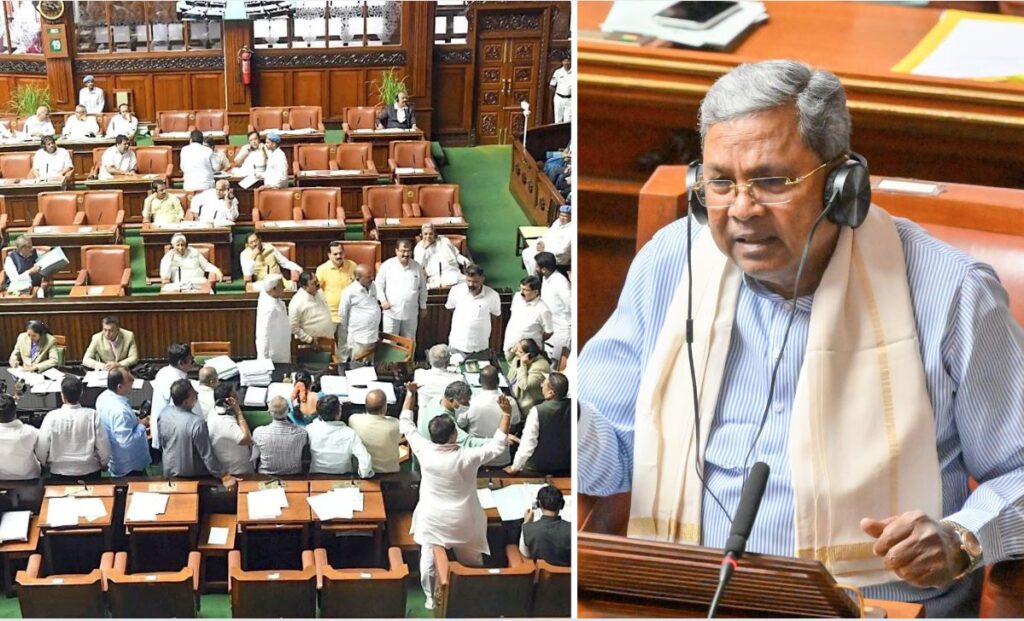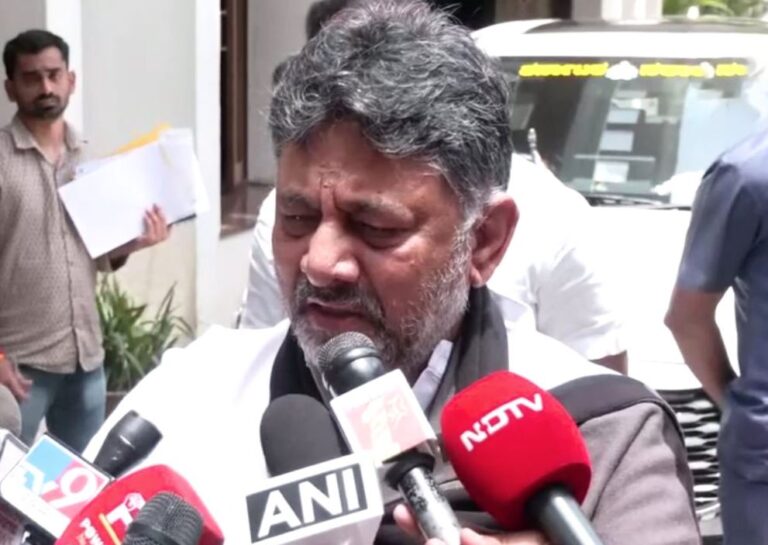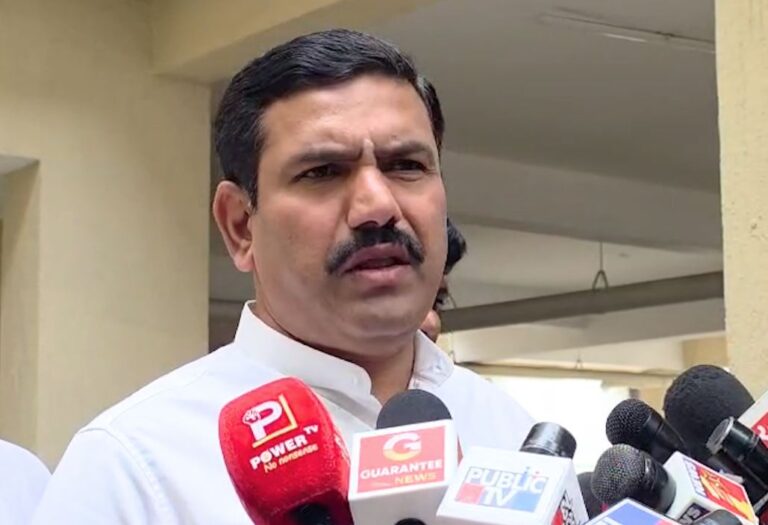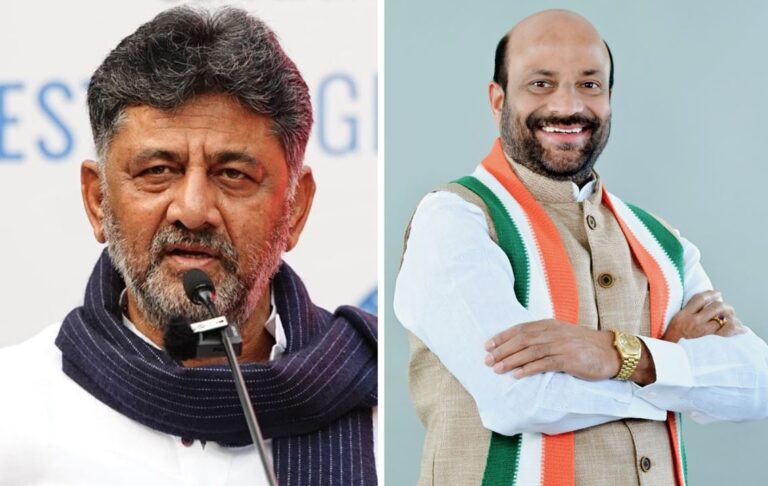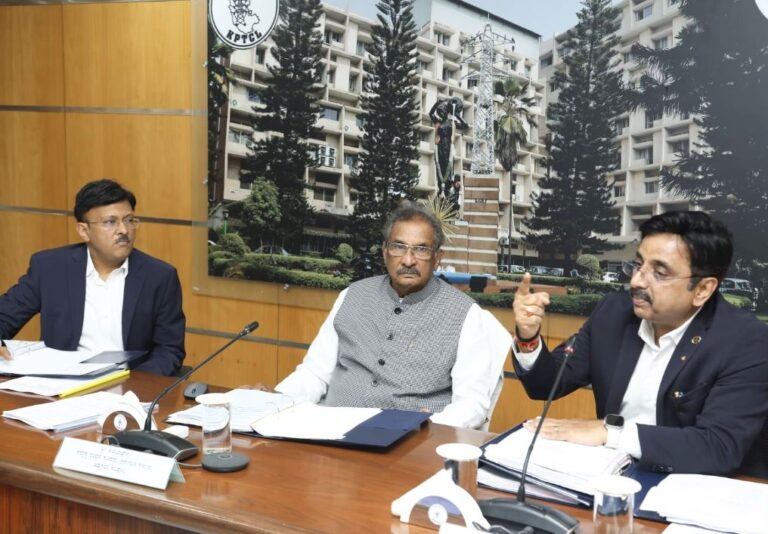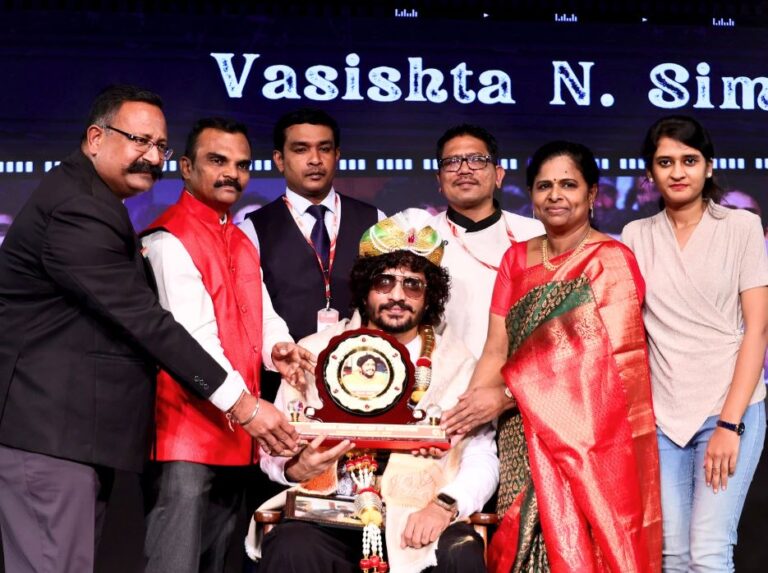Bengaluru: The Karnataka government has introduced a bill in the Legislative Assembly proposing a 4% reservation for Muslims in public procurement contracts under 2B category. This move has sparked significant political debate, with the Bharatiya Janata Party (BJP) labeling it as unconstitutional and vowing to challenge it both legally and publicly.
Legislative Proposal Details
On Tuesday, March 18, 2025, Karnataka’s Minister for Law and Parliamentary Affairs, H.K. Patil, presented the Karnataka Transparency in Public Procurement (Amendment) Bill, 2025, in the state assembly. The bill seeks to amend the existing Karnataka Transparency in Public Procurement Act to allocate a 4% reservation for Muslim contractors in government tenders. Specifically, this reservation would apply to civil works up to ₹2 crore and goods or services contracts up to ₹1 crore. This initiative was initially announced by Chief Minister Siddaramaiah during the presentation of the 2025-26 state budget on March 7, 2025.
Current Reservation Framework
Prior to this proposed amendment, the reservation structure in Karnataka’s public procurement was as follows:
Scheduled Castes (SC) and Scheduled Tribes (ST): 24%
Other Backward Classes (OBC) – Category 1: 4%
OBC – Category 2A: 15%
The new bill proposes to include Muslims under the OBC Category 2B with a 4% reservation in government contracts.
BJP’s Stance and Planned Actions
The BJP has vehemently opposed the proposed reservation. Party leaders argue that allocating reservations based on religion is unconstitutional and amounts to appeasement politics. They have announced plans to challenge the bill in court and organize protests across the state to demand its withdrawal.
Legal Perspectives
Legal experts have weighed in on the issue, suggesting that the proposed reservation may face challenges in the courts. They point out that reservations based solely on religious affiliation could be deemed unconstitutional, as the Indian Constitution permits reservations primarily based on social and educational backwardness, not religion. The Supreme Court is currently reviewing similar cases, and the outcome could impact the viability of Karnataka’s proposed amendment.
The Karnataka government’s proposal to introduce a 4% reservation for Muslims in public procurement contracts has ignited a contentious debate. As the bill progresses through the legislative process, it is poised to face legal scrutiny and political opposition, reflecting the complex dynamics of reservation policies in India.

